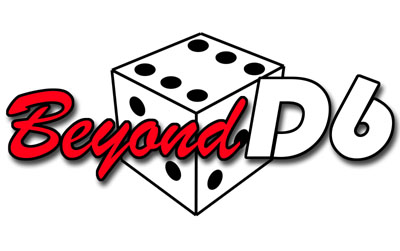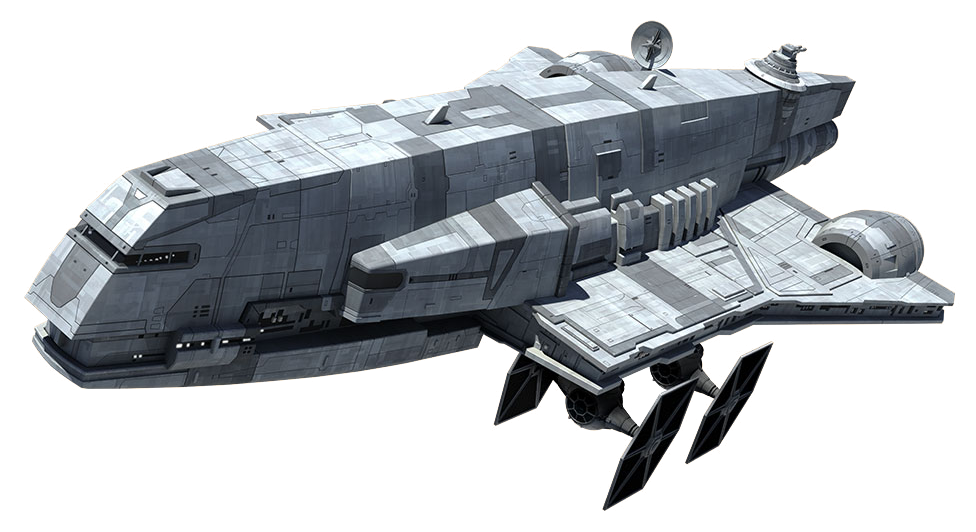Mentat
The name "Mentat" is derived from mentis, meaning "of the mind" in Latin,
an ancient Terran language. The founder of the Order of Mentats, Gilbertus
Albans, a logician and philosopher of interstellar repute, coined the term
to refer to those fully trained and proficient in the techniques he
prescribed for the Order. For thousands of years, society thought of
Mentats as the embodiment of logic and reason. A Mentat adept could be
characterized as (a) a human in the generic, Bene Gesserit sense (although
the Sisterhood would deny it violently), i.e. "an animal with reason and
logic;" (b) an expert in all methods of logic and inference; (c) a
conceptual generalist, in contrast to specialists in narrow areas; and (d)
one possessing a quasi-truth-sense based not on prescience but on inference.
The Mentat adept is of achieving remarkable inferential linkages and
gestalten spasms of pure insight, but unusually only when deep in a
Mentat-trance. Some allege that the so-called Mentat-trance is merely a
dramatic device used to make the Mentat appear more impressive. But the
subjective reports of scores of Mentats and the objective evidence of
hundreds of studies all point to the authenticity of the trance. The eyes
glazed, the voice-intonation flattened, and awareness appeared to be turned
inward.
Perhaps because of their apparent need to rely on their isolating trance-
state for higher percentages of accuracy, Mentats historically failed as
leaders. A supporting argument is that leadership is a matter of
temperament, not reasoning ability. The effective leader must often make
intuitive decisions in the absence of complete data. A good emperor, duke,
general, or director acts because a decision must be made, but a Mentat
delays because a decision should not be made.
Profession: Mentat (Wis) and Knowledge: Mentat (Int)
Requirements: Int 15+
Notes:
The first thing you must realize is that there are levels or ranks of
mentats. To reflect this every 3 or so ranks in the Profession: Mentat
skill will result in a rank increase to the character. Additionally, all
the skills and abilities of the Mentat listed below are accomplished
using the Kowledge: Mentat skill. The ranks are as follows:*
*Ranks (d20 in ())
1D-1D+2 (Up to 3 ranks):
Memorizer. The fully prepared Memorizer is capable of retaining
both related and unrelated information. The final test involved absorbing
a series of 2 x 104 numbers or letters and reproducing them in correct
sequence, duplicating the same timing or spacing as the original.
Memorizers are able to repeat entire books from recall. They are able to
replicate spatial configurations, such as the layout of a city after
having seen the place (or plans of it) only once. Their chief
accomplishment, however, is the ability to repeat conversations word for
word from start to finish, mimicking the cadence and vocal inflection of
each participant. The skill in this case is used to remmeber data, all
except the most minute things in memory should require only an easy roll
to recall.
2D-2D+2 (3 - 9 ranks):
Processor. Processors learn to combine, divide, sort, and file
pieces of discrete information with 99.99985 percent accuracy. They are
capable of introducing order and regularity to seemingly unrelated sets
of information. The chief danger to Processors is that the order
introduced might or might not be in accord with reality. Thus,
processors are trained to attempt first to use the categories and labels
that others provide. This sorting, sifting, and retrieving of
information, as well as the ability to connect it with specific names,
places, or events, is valuable as it negates the need of computers,
which in the area where mentats originated were banned by religious law.
This skill may be sued to recall raw datat or to try and process it.
This would include going over recepits, expense forms ect and processing
it into a signle economic report on gains and losses.
3D (10 - 13 ranks):
Hypothesist. Hypothesists were trained to extrapolate from information
to alternative explanations for the causes or the effects of that
information. Hypothesists often prided themselves on the number of
differing interpretations they could see in a set of events. The
Hypothesist would naturally provide his master with at least a two-place
ranking of the likelihood of the interpretations he offered. The primary
hypothesis was 92 to 98 percent reliable. A Hypothesist adds his Mentat
skill dice to any Tactics, Buisness, Law Enforcement, or Beaurcracy roll
they wish to make.
3D+1-4D (14 - 16 ranks):
Generalist. If Processors seem innocent and accepting,
Generalists appear haughty and pedantic. Generalists overcome the naive
literalism of the junior orders by "bringing to decision making a healthy
common sense," but in achieving awareness of the "broad sweep of what is
happening in his universe" (and note the relativism of "his universe"),
the Generalist risks believing himself supreme in his encyclopedic store
of knowledge. Generalists are expected to possess broad and accurate
knowledge of at least 94.75 percent of everything occurring in "his
universe;" this knowledge, joined to the confidence-building Mentat
training, leads many a Generalist to annoy his comrades with an overblown
sense of his own superiority. Generalists are warned that principles of
expertise can change, that no one can catalogue all knowledge, and that
the Generalist is himself part of the set of phenomena to be learned.
But even with these caveats, Generalists are very difficult people to
work with. Generalists may add their Mentat skill dice to any rolls
made for Cultures,Law Enforcement,Planetary Systems, Beaucracy,
Buisness, Aliens, and Scholar.
4D-4D+2 (17 - 19 ranks):
Simulationist.Mentats who free their reasoning from dependence
on absolutes, and who can correct for assumptions hidden in another's
inferences achieve the title of Simulationist. The Simulationist
conceives and proposes in detail alternative futures, courses of action
and explanations of events. Economic, political, and military strategy
depended heavily on the unfolding of options by Simulationists: a good
one can easily offer his master up to ten courses of action and what is
more, infer the dozens of possible consequences of pursuing, altering,
combining or disengaging any of these course. The Simulationist sees
ever human being as a set of behaviour patterns ready to be orchestrated.
Simulationists sue their Mentat skills to try and determine the most
probable outcomes of certian coruses of action. This rests heavily on
the GM to determine difficulties and how acurate the simulations are.
5D+ (20 + ranks):
Advisor. Only one novice in twenty achieves the coveted sixth rank,
Advisor. Skilled in wisdom and diplomacy, possessing the abilities of
all the lower ranks, adding sophistication and understanding. The Advisor
psosess all the abilities of the lower ranks, while most others lose the
abilities unique to ranks lwoer than the one they acheived. Advisors can
add his Mentat skill dice to any of the following rolls: Aliens,
Beaucracy, Buisness, Cultures, Law Enforcement, Planetary Systems,
Scholar, and Tactics. They may reclal even the msot minute detail and
sort it with computer accuracy. They get +2d to astrogation and all
other mathmatical related checks. they may also make hypothesis on
reasons for events or make prime predictions on what would happen if
certain actions were taken(difficulties up to GM discretion).
|










